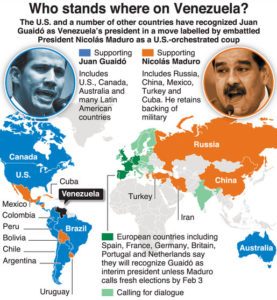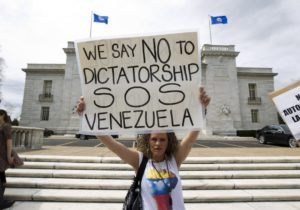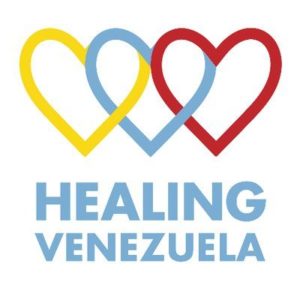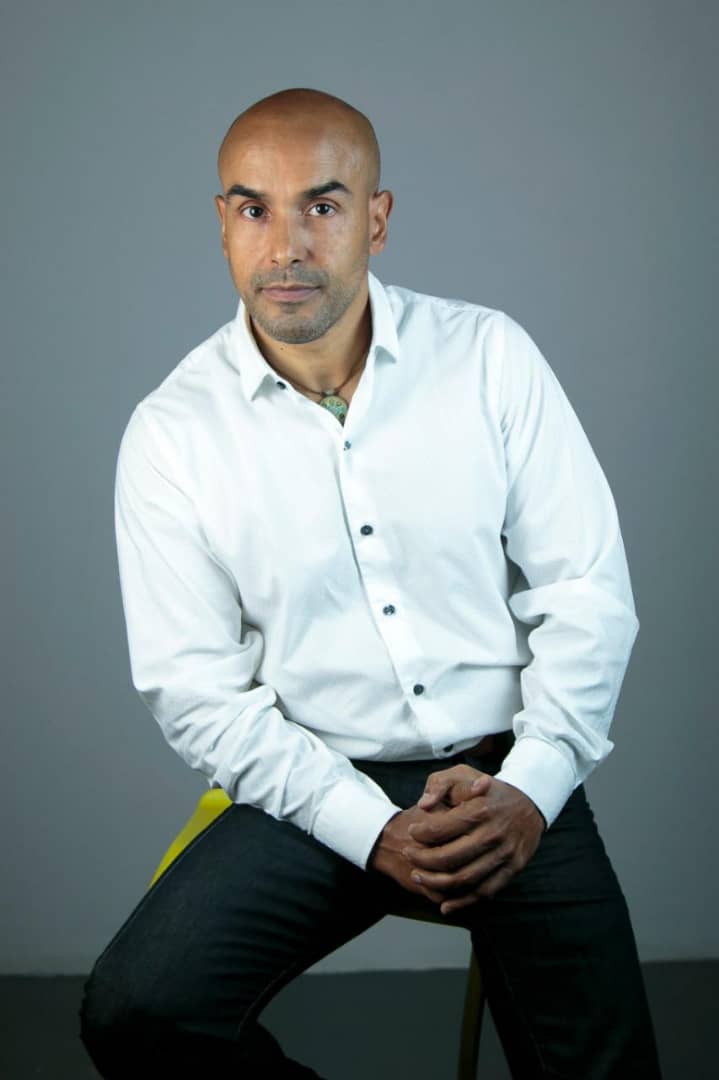International Investment Advisor

Venezuela has been in turmoil for some time now. Recently this Caribbean nation has made all the headlines again. In spite of its proven oil reserves, estimated in 297 billion barrels (the largest in the world) the country faces one of the biggest economic and humanitarian crisis in its history. The dramatic conditions to which the population has been subjected cannot be hidden. Venezuela’s economy is in free fall. For many Venezuelans hyperinflation, frequent power cuts and shortages of food and medicines have become a fact of life. Just the displacement of more than three millions of Venezuelans to all parts of the world has turned a local problem into a global one. The dire situation has split both international opinion and political loyalties and has eventually developed into the newest superpower struggle for world dominance.
A Short Recap
There is incumbent President Nicolás Maduro, who in May 2017 won a presidential election that many inside and outside Venezuela have deemed as rigged. As the National Assembly had decided previously that the reelection was illegitimate and declared the presidency vacant, when on January, 10th, Maduro took office, the brewing conflict came to a head.
After calling up a wave of demonstrations that swept over the country, the new opposition leader, Juan Guaidó, president of the Asamblea Nacional, took oath as interim president. This move won him the immediate support of a group up of at least 50 countries that include Costa Rica, Argentina, Colombia, Brazil, Canada, Spain, the United States, and several international organizations.
Bones of Contention

– Guaidó and his supporters demand that Maduro steps down, the advancement of presidential elections and the creation of a “humanitarian channel” so that food and supplies can reach Venezuelans. The opposition argues that the present crisis is the result of the fall of oil prices, uncontrolled nationalizations, price controls and the corrupt practices that are out of control after 20 years of socialist government.
– Maduro, who is backed by the powerful Bolivarian Armed Forces, business partners like China and Russia and political allies like Cuba, Mexico, Bolivia, Bieloruss and Turkey, has often denied that there is a “humanitarian crisis” in Venezuela. He blames his government’s problems on “fake news” and on the “economic war”, waged on his government by the US and its allies.
Snapshots of a Crisis
– Maduro has rejected all international aid, arguing that it is just a thinly veiled excuse for foreign military intervention. Recently he described the operation as a “media show” and asked for the stockpiles of humanitarian aid to be distributed among the citizens of the Colombian city of Cúcuta. A few days ago he ordered a military blockade on Las Tienditas bridge, which connects Cucuta in Colombia and Ureña in Venezuela, in order to prevent any ground traffic across the border
– Maduro has requested the support of OPEC to alleviate the sanctions imposed by EE.UU against Petróleos de Venezuela (PDVSA) and began a series of military maneuvers during which he announced the purchase of more weapons “to protect the motherland”.

– In a curious development straight out of a Robert Ludlum’s thriller, a cargo plane appears to have been lost somewhere in the “media cyberspace”. Several days ago Puerto Rico’s Secretary of State Luis Rivera Marin told CNN’s Fernando del Rincón that a Puerto Rican plane, loaded with humanitarian supplies had managed to land in Venezuela. This was denied by the Venezuelan Aeronautics Authority (lNAC in Spanish) which tweeted that “the campaigns generated through social networks and other media about an aircraft coming from Puerto Rico supposedly loaded with humanitarian aid [are false]. The INAC guarantees the control of air traffic in the Venezuelan airspace.”
– The “missing plane” prompted a lot of reactions. Names as Mathias Rust and Victor Belenko came to mind. Some pointed out the uselessness of the country’s air defense systems. Others questioned the Bolivarian Armed Forces’ ability/willingness to impede the humanitarian aid from coming into the country. Next day, when interviewed again by CNN’s anchor, Mr. Vallejo recanted and alleged that for security reasons the plane had never arrived in Venezuela. The Puerto Rican official declined to say where the plane really was.
– International sources indicate that as the pressure on embattled Maduro increases, China has held talks with Guaidó’s supporters about the future of their joint oil projects in Venezuela and the almost $20 billion that Beijing has loaned Caracas. China has been a staunch ally of Maduro for years.

– Juan Guaidó has announced that there are plans to bring humanitarian aid into the country on February 23rd, despite Nicolás Maduro’s refusal.
– The Minister for Foreign Affairs of the Government of the Netherlands, Stef Blok, announced on Wednesday 13, Feb the creation of a collection center for Venezuelan humanitarian aid on the island of Curaçao.
Conclusions
Time and timing are of the essence. At this moment it is clearer than ever that any exit to the crisis will be the result of a negotiation, either with Maduro, with the dominant elite, with the military or with all of the above.
– One of the most important questions is how long the military, with economic interests closely linked to chavismo, will stand by Maduro. For the same reason, the incentives they may have to force a change are minimal.
– Now, if the government agrees to give way to a transition, just like Augusto Pinochet did in Chile in 1990, the other actors will have to accept that the execution of justice has to be postponed. It does not mean there will be impunity, but that they have to offer them a way out. We will have to pay that price, even if it is very hard.
– Once Maduro and the rest of his cronies step down, a whole new world of opportunities opens up for entrepreneurs and investors. This has happened before. An example is the collapse of the Berlin Wall and the resurgence of Germany.
– It takes 20 years to generate a fortune. in Venezuela, this could probably be achieved in roughly 4 years if one plays his cards right. The focus should be on the optimistic nature of where the country is headed. This is an opportunity to generate wealth. Venezuela will need to resupply every sector of its economy and to reactivate its industries. That’s why a difficult event like this massive migration presents us with an array of possibilities and opportunities.
Venezuelans from every walk of life have been scattered all over the world, a fact that is giving them new perspectives of life. When many of them return back to their home country, they will bring back everything they have experienced and learned. This new appreciation of life sparkled with hope and optimism will be the driving force for a positive change in Venezuela. It will be a resurgence of a great country, with the potential of becoming a superpower in this hemisphere.
Let’s make it happen!
Contact me at http://cr.linkedin.com/in/DanielYepez

